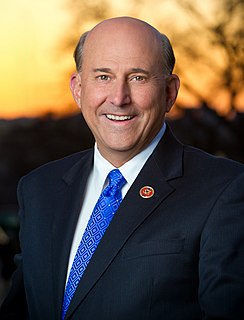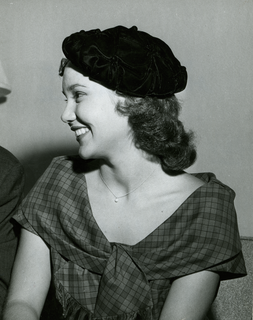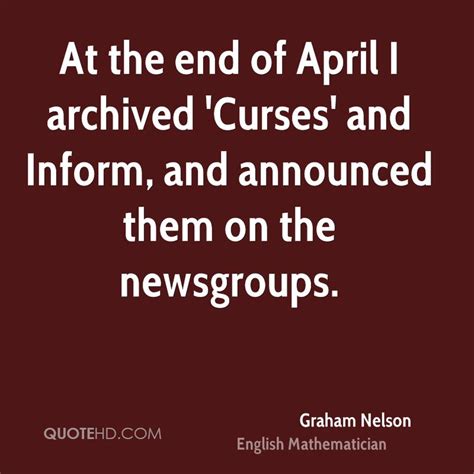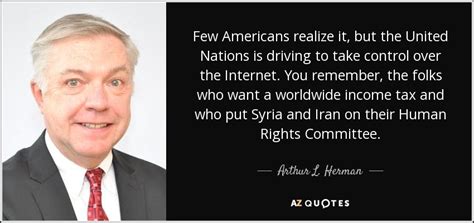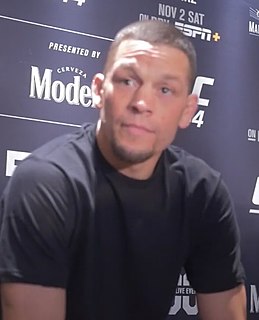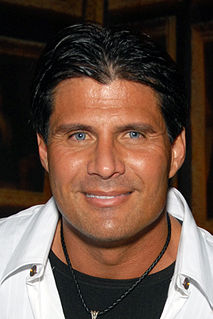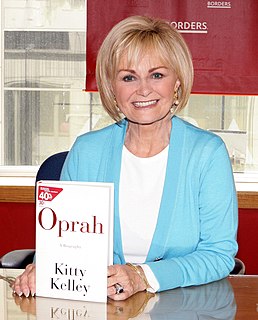A Quote by Jill Stein
This is sort of the Cuban Missile Crisis on steroids, what we are doing to Russia right now, and I don't think this is a good idea.
Related Quotes
I had already developed inherited back problems. I had degenerative disk disease, a form of scoliosis, arthritis. And I truly believe that if it weren't for the use of steroids - I'm not saying steroids is for everyone, but in my case in general, if I have not used steroids, I mean, physically right now I'd probably be a wreck.

